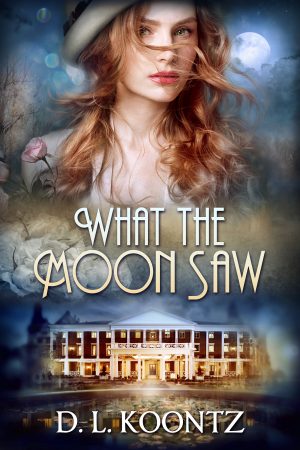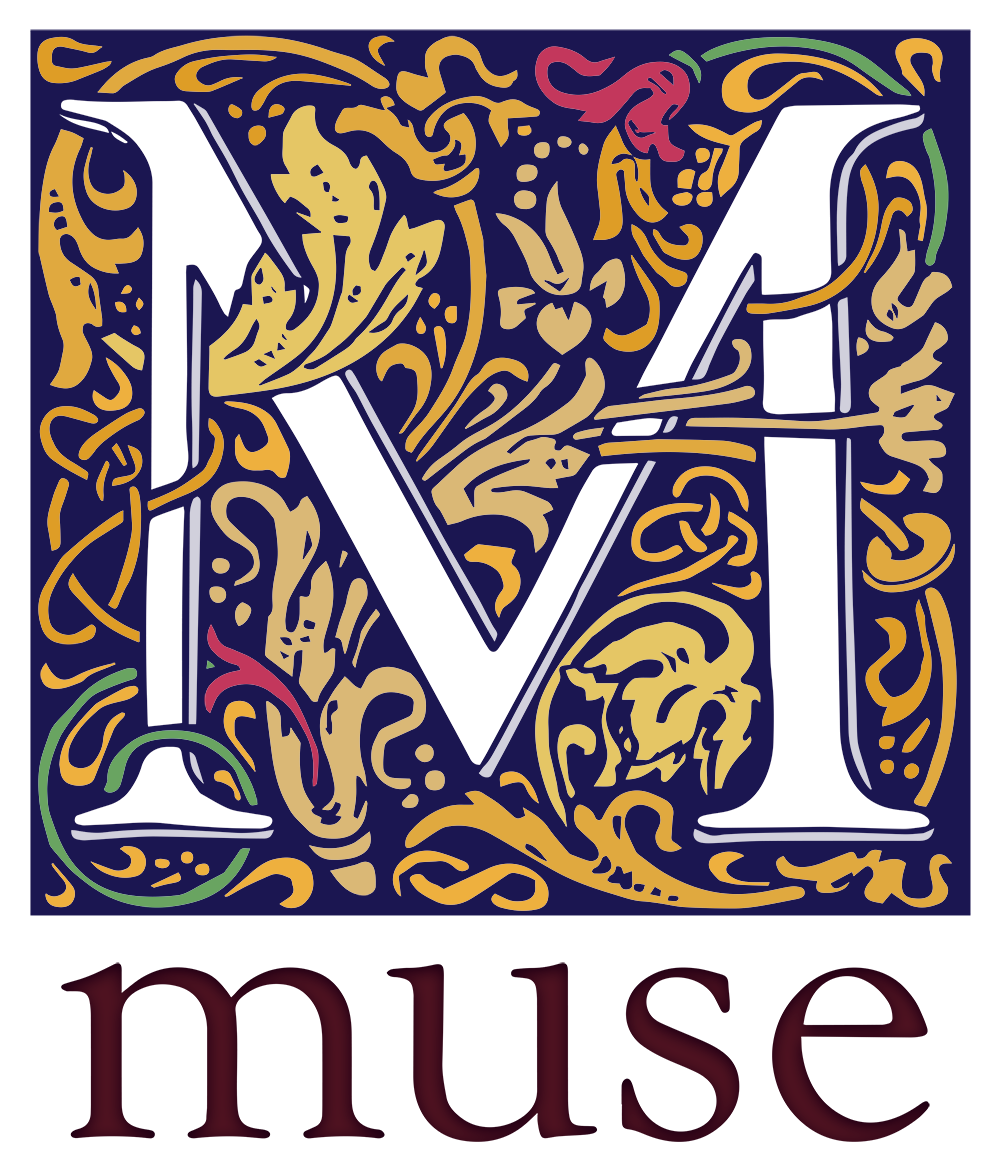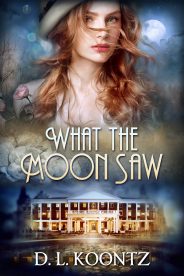Start reading this book:

Share This Excerpt
1760
The tall chestnut’s rider slid the horse to a stop in front of what was left of the smoldering cabin. The pre-dawn morning unfolding around him would have been peaceful, almost serene, had it not been for the contrasting horror before his eyes and the rasps of despair emanating from behind the charred remains. Neighbors had arrived before him, and he could discern from their screams that the cabin’s owners were dead.
Or worse—please God, no!—still alive.
Scalped, but left alive to suffer an excruciating death.
And, if that were the case, what would be the most humane thing to do? Was it murder to end their suffering? This dilemma loomed before them—him and the other settlers in the area—much too often lately.
It could have been his family. What was it about this senseless, random selection that always left him—as he suspected it would tonight also—sobbing like a baby on some hidden spot of his family’s acreage, feeling both a depraved sort of gratitude and a sickening guilt his life had been spared?
But this…this was worse. He’d been in charge of patrol last night. A tip had taken him and his men four miles east of here. He should have ignored that unsubstantiated tiding. Guilt washed over him, coursed into his blood.
Pushing the self-reproach aside, the rider vaulted to the dirt and darted to the destruction. Mixed odors of burned wood and flesh filled his nostrils. With wobbly legs and a stomach that threatened to empty itself on the spot, he tripped up what remained of the steps. The dead body of Neil Macay draped across a barrel on the farthest corner of the porch, eyes still open and forehead split wide, courtesy of the thrust of a tomahawk.
A loud sob escaped the rider’s throat for the proud Scotsman and his family. Pushing up, he looked away and struggled through the doorway, its frame smudged with streaks of blood.
Too late again.
An hour later, five mutilated and burned bodies lay side-by-side in the dawning light, awaiting burial. Neil and Martha Macay, and three of their four children.
But, eleven-year-old Elisa, the oldest daughter, wasn’t there. She was, it was concluded by the stunned few who whispered the unfathomable, a captive. Taken by the Lenape or Shawnee Indians, no doubt to replace one of their own that was lost through fighting or disease.
As the scattering of neighbors examined the bodies, sobbing and retching at the horror placed before them, he formed a plan, knowing full well what he had to do, given that the girl had no other family and no one to carry out justice for them.
He, Nathan McKenzie, would find and bring her back, no matter where it would take him, no matter how long. He had to. It was his fault. Wasn’t it?
His betrothed, Anabelle, would understand. He was certain. What if she had been taken instead? She would want someone to come after her.
So he left…
And searched…
And endured…
1765
Five years later, five revolutions of the sun, five frigid winters and backbreaking summers in the desolate western New York and Canadian territories, he returned with the girl, now a young woman, to the land they had once called home. He was no longer a settler named Nathan McKenzie, but rather an adopted Mohawk re-named Broken Arrow; and she was no longer Elisa Macay, but rather, Morning Meadow, his wife. They rode bareback on a stolen white mare with gray spots, and ate nuts, dried beans, and stale jerky out of a deer-hide satchel that crisscrossed his back.
He was now twenty-two, and she sixteen, both wizened and fractured beyond their years with scars that would never heal, and hardened in places that others would never touch. Yet, the understandings they voiced through their shared language and experiences worked liked a balm, enough to convince them they could, whether by choice or desperation or pure survival, keep on keeping on.
Together.
You can’t go home again, a distant voice called, as it had every mile of their journey, insisting they were daft to even try. They’d changed too much. Experienced too many of the wrong things. He’d spent ten months searching. Another nine being tortured, beaten, and forced to work like an animal, before being traded with her to the Mohawks in the French colony called Montreal. Later, he’d had to run the gauntlet to stay alive. To save her. To claim her. Next, came acclimation, acceptance, then years later, rejection when his red-skinned brothers were caught in a lengthy war that involved the British and the French. He and Morning Meadow left, banned from returning.
Outcasts.
They’d changed in that time, no longer fitting in anywhere, with any group. Only fitting with one another.
No, they shouldn’t return.
However, one could return the voice reasoned. One could restore life to what it was and adjust to the future. One could deny, refute, disown what had actually transpired.
But not two. Two would always serve as a visual and inescapable reminder of the ordeal, the past never leaving. With two, truth would lurk in every corner, hide around every turn, ignite every time they fielded a question by the well-intentioned who would awkwardly support them and the sanctimonious who would stalwartly shun them.
He had continued with her anyway, sitting behind her on the lone horse, ignoring the voice, sleeping on the earthen floor twenty-one moons before seeing the familiar terrain that marked their homeland, the country for which his heart yearned—the unusual copse of lofty trees, the gurgling streams of mountain water, the crooked line of the ridges that swept up into hills he’d climbed in childhood, all unchanged.
They were near home. Back in the Appalachian foothills of the western Pennsylvania frontier territory. Just another hour’s ride to his family’s home, beyond this open stretch of meadow, past the distant grove of dense woods, across the Juniata River, and through the steep gap.
He reined in the horse, deciding to delay their return until the morning. He wanted one more night alone with her. One more night not thinking of past or future. The departure from their Mohawk family could not be altered. The future with the frontier settlers would bring what it would. They would face it, together. Tomorrow.
“Home in the morning.” He whispered in their new language. Kanien’keha. Mohawk.
He watched her shoulders drop as relief washed over her. He knew of her concern. Recognized she was grateful for this reprieve.
“Niá:wen.” Thank you. She hesitated and repeated the word in English, their original language. One he’d tried to keep alive between them by reading to her at night from a book of Shakespeare his Mohawk brothers had taken from a white man, just moments after killing him.
The sentiment in her ‘thank you’ was strong. Delivered with a warmth and a trust that made his heart swell. But the pronunciation was weak, delivered in a halting manner as though the word no longer came easily to her.
How he loved this woman! Cherished her. They could weather anything. Together.
She placed her palms on the side of his face. “You give me strength, my husband. You are my air. My water.” She hesitated, donned a determined look, and continued, this time in broken English. “Where you go, I go. Always together.” She finished her delivery with a tenacious nod as though to punctuate her resolve.
Once again, he was captivated by her eyes. One green, the other green with almost a quarter of it blue. While with the Mohawks, he’d learned that her unusual eyes were the reason the Lenape had allowed her to live. They believed her to hold special powers or blessings from nature. Selfishly, he’d often teased her that because he had blue eyes, her blue speck represented the inevitability of him becoming a part of her. “Ohonte, oròn:ya,” he reminded her again. Green with blue. Together.
Later, after they’d eaten and watched their fire burn low, he pulled her close and promised that they would survive re-entry into the settler world.
She turned to him. Despite the amber glow of sunset fading quickly into dark shadows, he could see concern about the morrow etched on her face again. He stroked her neck and planted a kiss on her shoulder. Her eyes were averted but he felt her shiver and make a noise of pleasure. She turned to face him. The light was too dim to see the disparate colors of her eyes, but he could see that her frown had softened to a smile.
“Morning Meadow.” His voice was hoarse. It was all he could say before she lifted a hand to his face and drew his mouth down to hers.
He took her in his arms. A groan rose from within her, and he broke the kiss only long enough to murmur, “You are my life,” before descending into the physical expression of what dwelled in their hearts.
By mid-morning the next day, from atop the mare, they spotted the first sign of the outmost settler boundary, the territory they would soon call home again—a split-rail fence.
“What is past is prologue,” she quoted in English. He appreciated that she’d chosen both the language and the quote at this moment to please him, a sign she accepted their destiny, this return to a long-forgotten people and way of life. What was past was now gone and had led them to this new life. She moved her hands to his forearms and leaned back against his chest as though needing his fortitude and protection. Like she had last night.
But in that trenchant and ironic way that fate takes the reins when least expected, hope fled at the crack of a musket sounding from the east, and he felt a thunk reverberate through her with the force of an axe hitting wood. Her torso slammed back into his. The impact shuddered up his core, choking off any ability to talk. He felt her body go limp.
Terror slithered across his nerves.
Reining in the horse for a frenzied dismount, he cradled her in his arms, and dropped to the ground, tumbling and landing hard but taking the brunt of the impact, her blood smearing onto his breechcloth and fringed deer hide leggings. After easing her to the grass, he wrenched his gaze toward the east and saw a man sitting atop a sturdy mount, rifle pointed at him. A second shot rang out striking his chest with a thrust that knocked him backward. He fell, and his head hit a rock, the impact driving spikes into his skull, cutting off the light.
He opened his eyes. The sun had moved, now glaring at him from the west and hinting that several hours had lapsed since he last saw it. Skewers of pain stabbed at his chest and he clenched in agony, his hand moving to the source of pain. The feel of the fabric confused him and he looked down to see he’d been wrapped with a muslin bandage.
He remembered—he’d been shot.
So had Morning Meadow!
He groaned. He must save her. He summoned strength he heretofore didn’t know he had, rolling to his side and sitting up. Dizziness made him nauseous.
She was no longer beside him.
Panicked, he twisted, looking into the distance, north, east.
“I have her.”
The voice came from the south so he turned and hand-crawled in that direction, blinking in rapid succession and lifting a throbbing hand to his brow to blot out the sun’s rays.
An old woman stood beside his horse, the young woman draped like a corpse across its top. He noted the old woman’s high cheekbones and coal-black hair, a braid trailing from beneath her hat and down one side of her face and chest. Her face was in shadow, so he could not see her well. She wore gloves. She was short, yet looked strong, capable, and wore a crude version of a man’s clothes, but made of buckskin, with a feather draping from her hat.
“You will hurt,” she called to him, “but you will live.” She gestured with her head toward the young woman. “You cannot help her now.”
Fifty paces lay between them, but he heard her voice as though she were at his side. It was a firm voice. A reassuring voice. A voice that neither boomed nor whispered. Still, he had strained to listen because of the words she used. She spoke English to him, but it sounded garbled, like it wasn’t her original language.
The woman turned and walked south away from him, reins in hand, horse following.
Certain he had descended into a horrible nightmare, he opened his mouth to respond but his voice wouldn’t work. How could he scream, “Stop!” when he couldn’t even whisper? He wanted to beg the old woman to have mercy and keep them together, because Morning Meadow—his wife!—was dying, probably already dead.
She was his life! Their souls were destined to be together, weren’t they?
It couldn’t end this way. Not after all they’d been through to stay alive. To stay together!
His chest tightened as if a merciless hand were squeezing his heart. Tears that held unimaginable grief welled in his eyes, blurring his already tainted vision. Standing was impossible, but he tried anyway. He needed to go after her, but pain gripped him and he fell back. He reached a hand in her direction, but throbbing and despair washed over him, dropping him into dark nothingness where there were no Indians or longhouses, no gunshots or pain to add another mark to his body, or to a memory he’d have to blot away.
Later, he awoke to nighttime. For a split second the moon seemed to peer from behind a cloud before frowning and tucking away again. Broken Arrow found himself alone in the vast, forbidding darkness. This time, the tears turned to sobs as the pain of losing Morning Meadow collided with the pain of a life without her. He was certain he wouldn’t survive it.
Because there was no life without her.
She had been his life. Now, she was gone.
End of Excerpt










